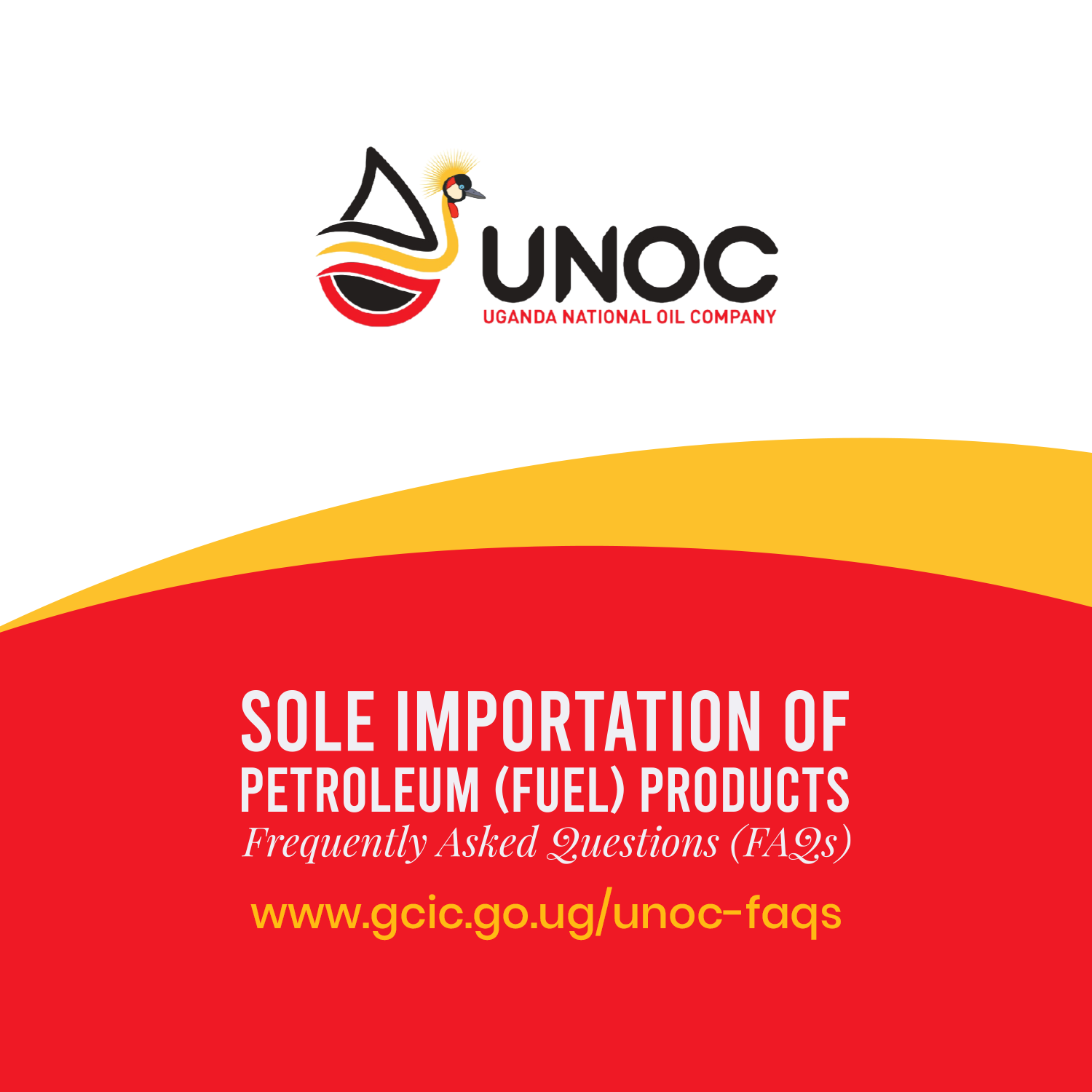On April 8, 2025, the Microfinance Support Centre (MSC), in collaboration with the Uganda Revenue Authority (URA), Uganda Registration Services Bureau (URSB), and Uganda National Bureau of Standards (UNBS), held a stakeholder engagement. The session was aimed at equipping Emyooga beneficiaries engaged in value addition across Bukedi, Busoga, Bugisu, Teso, and Sebei sub-regions with the knowledge necessary to build legally compliant, sustainable, and competitive enterprises.
The engagement emphasised three key pillars essential for business growth; business registration, tax education, and product certification each presented by experts from respective government institutions.
URSB’s Project Supervisor, Lilian Nanono, laid out the importance of business registration. She pointed out that formalising a business opens doors to opportunities including accessing credit facilities, entering legal contracts, and protecting business identities.
“When you register your business with URSB, you are able to trade using a recognised name, borrow money, and even sue or be sued in your company’s name,” Nanono explained, highlighting that a registered company is recognised by law as a legal entity.
She encouraged participants to select catchy, memorable names for their enterprises, explaining that a good name can be a valuable branding tool.
To register a business, she noted, one needs, a valid National ID, Physical location of the business, and a functional business email address
Speaking on behalf of URA, Hafsah Seguya emphasised the collective responsibility of paying taxes to support national development and sustain government programmes such as Emyooga.
“This fund you received is from government, and the best way to sustain it is to pay your fair share of taxes,” she stated.
Seguya outlined the steps for tax compliance which included registering for a Taxpayer Identification Number (TIN) after business name registration, maintaining proper financial records throughout the year, and filing returns annually, regardless of whether profits were made.
She clarified that businesses earning less than UGX 10 million annually are exempt from income tax, but must still file returns to show accountability. She warned against ignoring inactive TINs, stating URA will still expect returns unless deactivation is formally requested.
Through real-life examples, she encouraged business owners to consider location, customer needs, and market trends when choosing where to operate, particularly in sectors like food service.
UNBS Certification Officers, Desire Kenganzi and Esther Naibolya, delved into the importance of standardisation and product certification. They highlighted that certification promotes fair trade, enhances product safety, protects both consumers and producers, and facilitates export potential for local products
The officers detailed the product certification process, which requires an activebusiness email, a business registration certificate, a Taxpayer Identification Number (TIN), a process flow chart, product labels/markings and recent product test reports from UNBS or recognised laboratories
UNBS reiterated its role in upholding public health, ensuring fair trade, and promoting Ugandan products in global markets.
Sylvia Nafuna, a produce dealer from Northern City Division in Mbale City, expressed gratitude for the session. She, however, pleaded for a tax holiday for small-scale businesses for at least three years to allow them to grow before competing with established industries.
The Regional Manager for Eastern Uganda, Francis Elwoku praised the collaboration with key government agencies in educating Emyooga SACCOs. He reinforced the idea that awareness on registration, taxation, and certification is foundational for business growth and resilience.
The Assistant Resident City Commissioner for Jinja, Michael Kasedde, applauded the initiative, emphasising discipline in business operations. He advised entrepreneurs to stick to their business plans, maintain hygiene, especially in food production and strive for product quality over price competition.
“Let your products speak for you through quality. We want to see our products on shelves across the region,” he urged.
Kasedde also called for branding, continuous learning, and understanding market demands, noting these were crucial for business expansion and eventual export readiness.
The stakeholder engagement served not only as a learning platform but also a policy feedback mechanism. It illustrated how coordinated government efforts can guide informal businesses into the formal economy, ensuring that value addition enterprises do not just survive but thrive.
The Microfinance Support Centre and its partners demonstrated a commitment to walking the journey with Emyooga beneficiaries helping them not just access funding but also build legally sound, compliant, and globally competitive enterprises.
As Uganda pushes for middle-income status, such engagements are not just timely, they are essential.





